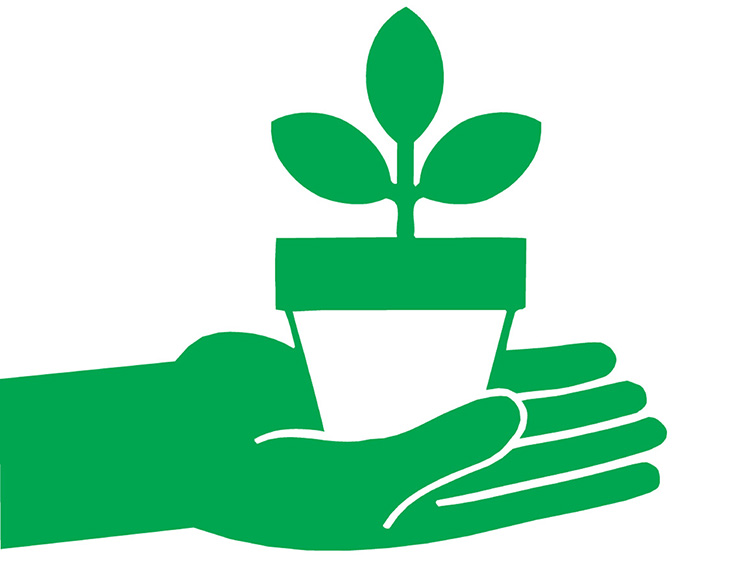
By Mary Jane Frogge, Extension Associate in Lancaster County
Look for and hand-pick bagworms from your evergreen and deciduous trees.
Hot peppers will keep best if stored after they are dry. Thread the peppers on a string to dry. Hang in a cool, dry place.
If volunteer tree seedlings, such as elm, mulberry, hackberry or maple are found growing in your yard, remove them as soon as possible. If left to long they will take over gardens and other landscape plantings.
Many herbs self-sow if the flowers are not removed. Dill produce seeds that fall around the parent plant and come up as volunteers the following spring.
Every weed that produces seed means more weeds next year. Control weeds before they go to seed.
Remove old vegetable plants which have stopped producing to eliminate a shelter for insects and disease organisms.
Do not add weeds with mature seed heads to the compost pile. Many weed seeds can remain viable and germinate next year when the compost is used.
September is a good time to root cuttings from annual bedding plants such as begonias, coleus, geraniums and impatiens. These plants can be overwintered in a sunny window and provide plants for next year’s garden.
Tree wound paints used after pruning are no longer recommended as they can slow healing and may promote decay.
Pears should be picked at the hard ripe stage and allowed to finish ripening off the tree. The base color of yellow pears should change from green to yellow as the fruit approaches maturity.
Be sure to keep strawberry beds weed free. Every weed you pull now will help make weeding much easier next spring.